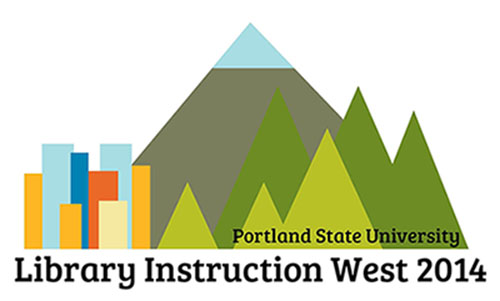They're Fun, But Are They Sustainable? Assessing Games-Based Learning in Instruction
Location
Portland State University, Portland, Oregon
Start Date
7-25-2014 1:55 PM
End Date
7-25-2014 2:15 PM
Subjects
Information literacy -- Study and teaching, Library instruction, Simulation games in education
Description
The popularity of using games for information literacy instruction (ILI) has grown rapidly in recent years, but much evaluation beyond student interest has yet to be explored. This presentation shares the implementation and assessment of games-based learning in English Composition classes at a large urban university, providing insight into whether incorporating games into ILI is a truly sustainable practice.
Online games focusing on developing keywords and identifying citations were played in one presenter’s section of classes, while additional time for a self-directed activity was allotted for in the second presenter’s classes. Students in all classes completed pre- and post-tests for the presenters to determine how much each group learned. Session attendees will learn how to conduct a similar assessment. Does playing online games result in increased learning? Did students who do not play games score lower on the tests? What are the implications for your own instruction?
Persistent Identifier
http://archives.pdx.edu/ds/psu/14553
They're Fun, But Are They Sustainable? Assessing Games-Based Learning in Instruction
Portland State University, Portland, Oregon
The popularity of using games for information literacy instruction (ILI) has grown rapidly in recent years, but much evaluation beyond student interest has yet to be explored. This presentation shares the implementation and assessment of games-based learning in English Composition classes at a large urban university, providing insight into whether incorporating games into ILI is a truly sustainable practice.
Online games focusing on developing keywords and identifying citations were played in one presenter’s section of classes, while additional time for a self-directed activity was allotted for in the second presenter’s classes. Students in all classes completed pre- and post-tests for the presenters to determine how much each group learned. Session attendees will learn how to conduct a similar assessment. Does playing online games result in increased learning? Did students who do not play games score lower on the tests? What are the implications for your own instruction?


